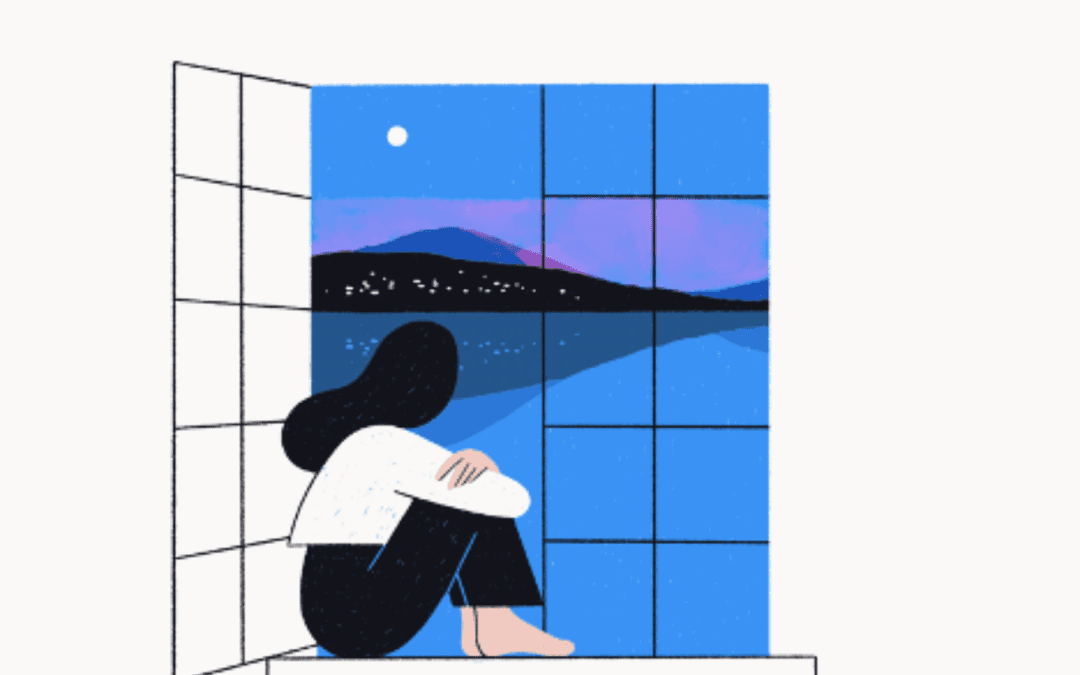Author: Stanley Clark
The COVID-19 pandemic still causes fear and uncertainty worldwide. Although the lockdown measures may help slow the disease’s spread, it may also cause greater mental stress.
People with bipolar disorder may have a more challenging time coping with the quarantine, especially if they have not yet been formally diagnosed.
If you feel you are under extreme stress because of the pandemic, approach a doctor or therapist right away.
Diagnostic imaging may also help diagnose mental health disorders. In fact, scientists have reported promising results from using MRI scans to differentiate bipolar disorder and depression(1).
How the Pandemic May Affect People With Bipolar Disorder
The COVID-19 pandemic and ensuing lockdown measures may make it difficult for bipolar patients to receive consistent treatment and medication.
The lockdown period also cuts off bipolar patients from their support networks, such as family and friends, who help them cope with their manic and depressive episodes.
Bipolar patients who need moral support during the quarantine may also purposefully avoid approaching their loved ones and peers for fear of being a burden or causing more tension during an already stressful time.
Experts note the perceived burdensomeness and the absence of a good interpersonal relationship or communication with others may be linked to greater suicidal behavior(2).
Studies also suggest that bipolar patients have roughly 10 to 30 times higher risk for suicide than the general population(3).
Results showed that 20% of people with bipolar disorder, particularly those who are undiagnosed, committed suicide(4).
Self-Help Tips and Coping Strategies
It is important to acknowledge the challenges and changes brought on by the pandemic, and to recognize that your concerns, worries, and fears are valid.
Keeping track of your feelings may help better manage them. If you do not have a wellness plan yet, now is the time to make one(5).
The plan should include a checklist of activities that can improve your overall well-being, such as(6):
- Eating three proper meals a day
- Drinking eight glasses of water
- Exercising or meditating
- Taking medications and supplements
- Doing a fun or creative activity you enjoy, like watching a favorite TV show, playing a musical instrument, or reading a good book
- Writing a journal
- Talking to a friend or family member
- Sleeping at a regular and reasonable time
Doing these simple tasks daily and establishing a routine may help you feel better about yourself.
Seek Professional Help and Moral Support
The internet and social media make it easier to stay connected with friends and family despite the social distancing measures.
More physicians and therapists are also offering online counseling during the COVID-19 pandemic. Make sure to check if your doctor can provide virtual or phone-in sessions.
Keep your mental health appointments, whether it is online or via telephone. To keep to your checkup schedules, ask a friend or loved one to hold you accountable for your appointment.
Various pharmacies and drugstores offer online shopping, delivery, and pickup services to make the purchase of medicines easy.
Just make sure to practice physical distancing and wear a mask if you are picking up your medications yourself.
Even if the quarantine requires you to stay at home, you are not truly alone in coping with your disorder and the pandemic. Always remember that your support system is just a phone call or a chat message away.
References:
- Korgaonkar, M. S., Erlinger, M., Breukelaar, I. B., Boyce, P., Hazell, P., Antees, C., Foster, S., Grieve, S. M., Gomes, L., Williams, L. M., Harris, A. W.F., & Malhi, G. S.(2019). Amygdala activation and connectivity to emotional processing distinguishes asymptomatic patients with bipolar disorders and unipolar depression. Biological Psychiatry: Cognitive Neuroscience and Neuroimaging. https://doi.org/10.1016/j.bpsc.2018.08.012
- Opperman, K., Czyz, E. K., Gipson, P. Y., & King, C. A. (2015). Connectedness and Perceived Burdensomeness among Adolescents at Elevated Suicide Risk: An Examination of the Interpersonal Theory of Suicidal Behavior. Archives of suicide research : official journal of the International Academy for Suicide Research, 19(3), 385–400. https://doi.org/10.1080/13811118.2014.957451
- Dome, P., Rihmer, Z., & Gonda, X. (2019). Suicide Risk in Bipolar Disorder: A Brief Review. Medicina (Kaunas, Lithuania), 55(8), 403. https://doi.org/10.3390/medicina55080403
- Ibid.
- U.S. Department of Veterans Affairs. Bipolar Disorder and the Coronavirus Pandemic: Maintaining Your Recovery. Mental Health. Retrieved from https://www.mentalhealth.va.gov/docs/coronavirus/Bipolar_Disorder_and_the_Coronavirus_Pandemic-508.pdf
- Northwest Portland Area Indian Health Board. Action Planning for Prevention and Recovery. Retrieved from http://www.npaihb.org/wp-content/uploads/2018/12/action-planning-for-recovery.pdf
The content of the International Bipolar Foundation blogs is for informational purposes only. The content is not intended to be a substitute for professional medical advice, diagnosis, or treatment. Always seek the advice of your physician and never disregard professional medical advice because of something you have read in any IBPF content.


